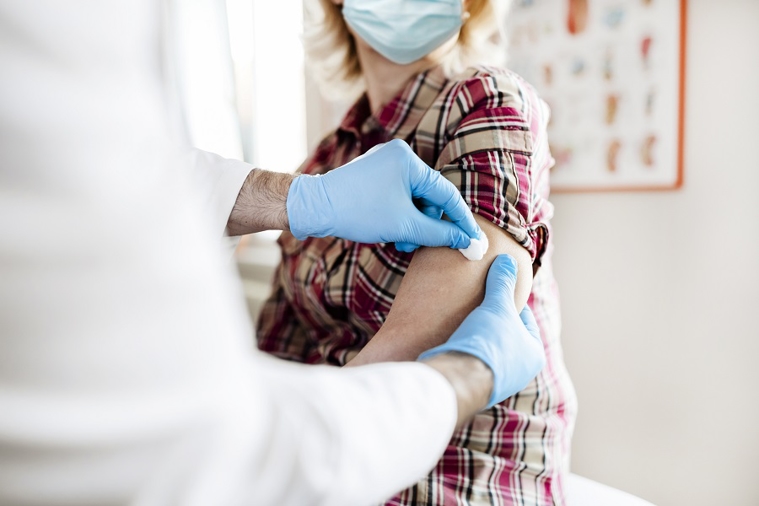
Facts and myths about the COVID-19 vaccine
The development of the COVID-19 vaccine brings hope for a better tomorrow, but it also brings myths and rumors that can spread quickly on social media. Instead of spreading these myths, learn the facts by visiting trusted websites like CDC.gov if you have questions or concerns about getting vaccinated.
We’ve compiled a quick list of facts and myths about the COVID-19 vaccine below. You can also visit our COVID-19 vaccine FAQ page for more information.
- Myth: I don’t need the COVID-19 vaccine if I already had COVID.
- Fact: The CDC recommends that you get vaccinated even if you have already had COVID-19, because you can catch it more than once. While you may have some short-term antibody protection after recovering from COVID-19, we don’t know how long this protection will last.
- Myth: I can stop wearing a mask and physically distancing as soon as I get my second dose of the COVID-19 vaccine.
- Fact: Masking, physical distancing and minimizing interactions are source controls recommended by the CDC and will likely stay in place for some time. There is not enough evidence available about the variant strains circulating and vaccine efficacy over more than a few months.
- Myth: I can get COVID-19 from the vaccine.
- Fact: You cannot get COVID-19 from the Pfizer and Moderna vaccines because the virus is not used to produce them. After you receive the vaccine, there may be side effects, but they should go away within a few days. Possible side effects include a sore arm, headache, fever or body aches. This does not mean you have COVID-19. Side effects are signs that the vaccine is working to build immunity. If they don’t go away in a week, or if you have more serious symptoms, call your doctor.
- Myth: The COVID-19 vaccine will alter my DNA.
- Fact: COVID-19 mRNA vaccines do not change or interact with your DNA in any way. Messenger RNA (mRNA) vaccines are a new type of vaccine to protect against infectious diseases. They teach our cells how to make a protein—or even just a piece of a protein—that triggers an immune response inside our bodies. That immune response, which produces antibodies, is what protects us from getting infected if the real virus enters our bodies. Like all vaccines, COVID-19 mRNA vaccines have been rigorously tested for safety before being authorized for use in the United States. mRNA technology is new, but not unknown; it has been studied for more than a decade. mRNA vaccines do not contain a live virus and do not carry a risk of causing disease in the vaccinated person, and the mRNA from the vaccine never enters the nucleus of the cell and does not affect or interact with a person’s DNA.
- Myth: The COVID-19 vaccine contains fetal tissue and other concerning ingredients.
- Fact: Moderna and Pfizer vaccines were not created using fetal tissue and do not contain fetal tissue. In addition, the FDA-approved Moderna and Pfizer vaccines do not contain eggs, preservatives or latex.
- Myth: The COVID-19 vaccine affects fertility.
- Fact: The COVID-19 vaccine does not affect fertility. A myth circulating on social media claims that antibodies targeting the spike protein of the COVID-19 virus after vaccination or infection also target a protein that is involved in placenta formation called syncytin-1, leading to infertility in women. However, there is no evidence to support this and these proteins are not actually very similar. There were pregnancies that occurred in both the vaccine section and placebo section of the clinical trials of the COVID-19 vaccines without any imbalance between the groups, and no one who received the vaccine in the trials has had a poor pregnancy outcome to date. In addition, if this claim was true, natural infection with COVID-19 would also lead to infertility since antibodies against the spike protein are produced after an infection as well.
- Myth: I only need one dose of the vaccine—it’s not a big deal if I don’t get both doses.
- Fact: Currently authorized vaccines, and most vaccines under development, require two doses. The first shot helps the immune system recognize the virus, and the second shot strengthens the immune response. You need both to get the best protection.


